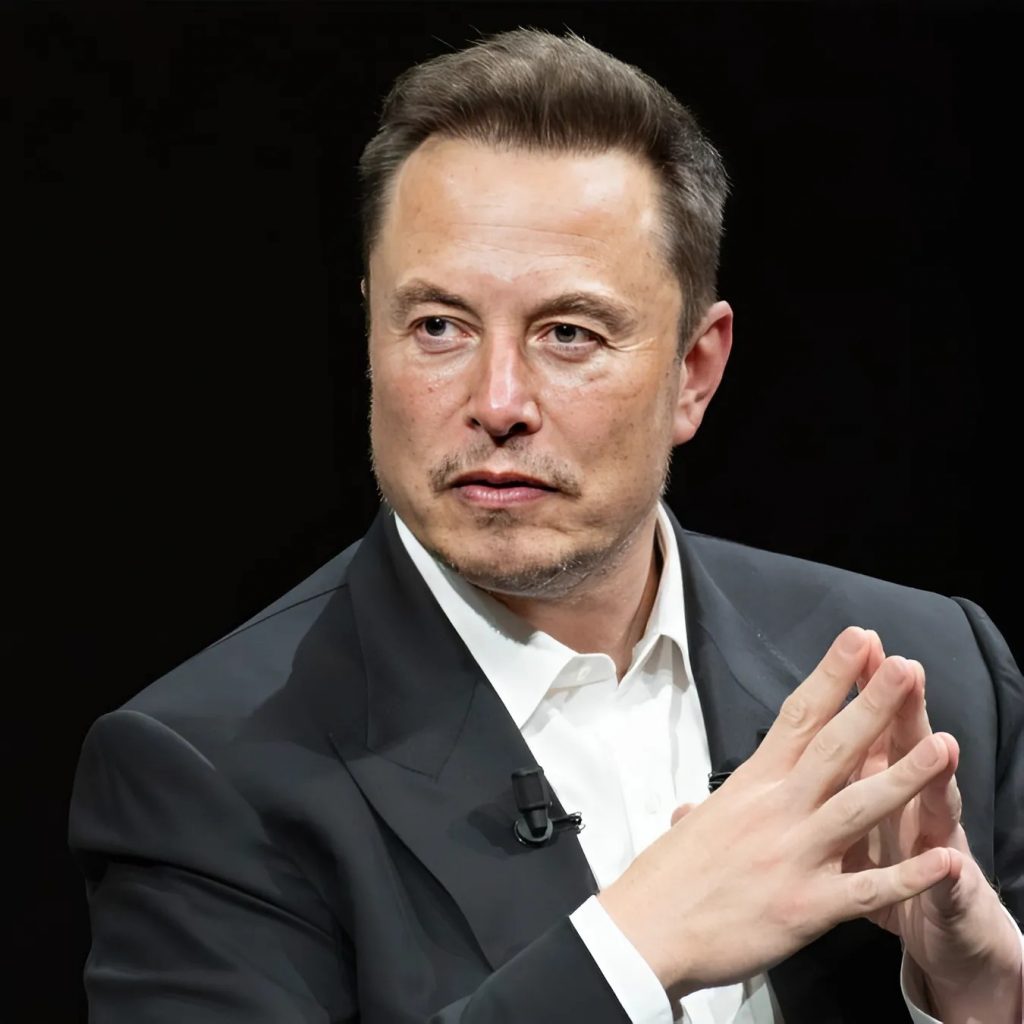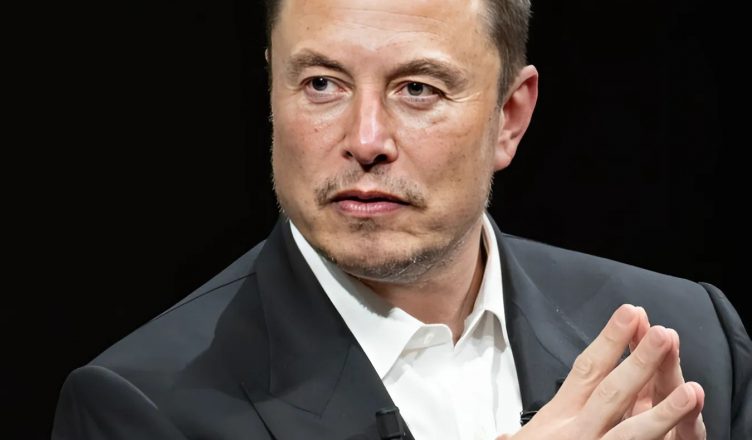When Elon Musk makes a prediction, the world listens. His statements often sound like something out of a science fiction novel, yet time and time again, they become reality. Now, he claims that within the next 20 years, hundreds of millions of people will have his revolutionary brain chips implanted. This bold claim has sparked both excitement and concern, as it raises profound questions about the future of humanity.
What Is This Technology?
Musk’s company, Neuralink, has been developing neural implants designed to connect the human brain to computers. These chips could:
Restore motor functions in people with paralysis.
Treat neurological disorders such as Parkinson’s disease, epilepsy, or depression.
Enhance cognitive abilities and even boost intelligence.
But Musk’s vision extends even further. He believes that in the near future, brain-computer interfaces will become as common as smartphones. People will use them to exchange information instantly, improve their memory, and even control devices with their minds.
How Soon Will This Happen?
Musk predicts that in just a few years, brain chips will move beyond medical applications and become part of everyday life. He believes that within 20 years, hundreds of millions of people will rely on Neuralink’s technology for work, communication, and even entertainment.

But how realistic is this claim?
Animal testing has already shown promising results, and Neuralink has recently received approval for human trials.
Neurotechnology is advancing faster than expected, with breakthroughs happening at an accelerating pace.
Ethicists and human rights activists warn of potential dangers, such as mind control or hacking of the brain.
The Dangers and Unanswered Questions
Despite Musk’s optimism, several critical concerns remain.
Security – What happens if a brain chip malfunctions or gets hacked?
Control – Who will own and have access to people’s brain data?
Social Inequality – Will this technology be reserved for the wealthy, or will it become universally accessible?
The Future Is Already Here
Whether we like it or not, neurotechnology is advancing at a rapid pace. Musk may be off on his timeline, but the idea of connecting the human brain to artificial intelligence is no longer just a fantasy.
Will brain chips become as common as smartphones? The answer to this question may come much sooner than we expect.
